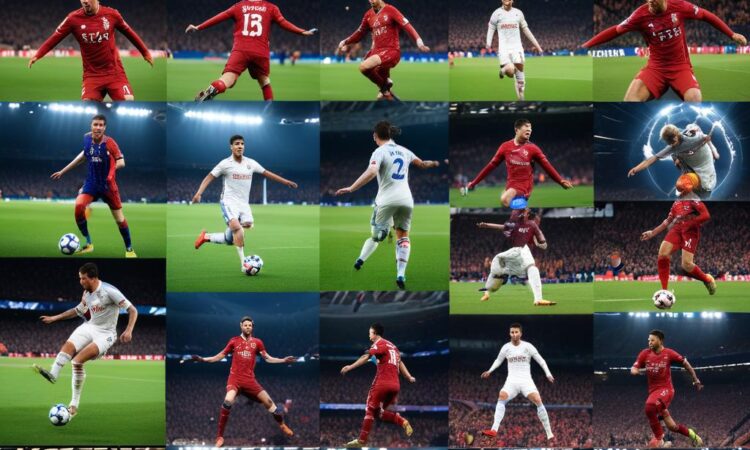Five Ways a New Format Has Transformed the Champions League
Right, so the Champions League’s had a bit of a makeover, hasn’t it? New format, new rules, and a whole load of changes. BBC Sport’s been keeping a close eye on things, and we’re here to break down what’s been working, what hasn’t, and whether it’s all been worth the fuss.
1. More Matches, More Mayhem (Mostly):
Let’s face it, more games means more drama. The expanded group stage – eight teams instead of six – has definitely delivered on that front. We’ve seen more upsets, more nail-biting finishes, and frankly, more opportunities for those classic Champions League comebacks. But is it too much? Some are arguing the extra matches are stretching squads thin, leading to injuries and potentially less exciting knockout stages due to player fatigue. The jury’s still out on that one.
2. The Group Stage Shuffle:
Remember those times when a team could basically cruise through the group stage? Yeah, those days might be numbered. With more teams, the competition is fiercer. It’s less about “qualifying” and more about scrambling for those top two spots. This has led to some genuinely unpredictable group standings, which is definitely a positive change from the sometimes predictable group phases of the past.
3. A Helping Hand for the Underdogs?
The new format has *potentially* given smaller clubs a slightly better shot at glory. While giants like Real Madrid and Bayern Munich are still favorites, the increased number of matches and the more intense competition in the groups mean there’s less room for error for the big teams. This, in theory, gives the smaller teams a few more chances to pull off shock results and maybe, just maybe, grab a spot in the knockout stages. Whether this actually leads to consistent success for the underdogs remains to be seen, though.
4. The New Knockout Format:
The knockout stages are still tense, of course. But it’s interesting to see how a slightly altered structure affects things. It’s less of a dramatic shift than the group stage changes, but there’s still been a noticeable impact, however subtle. This could be worth exploring further as more seasons play out under the new format.
5. The Verdict: So Far, So…Interesting?
It’s early days yet. The new Champions League format is still finding its feet. While the increase in matches has undeniably added to the drama and excitement, the long-term impact on squad health and the overall competitive balance remains to be seen. We’ve seen a few more shock results, some thrilling matches, and a slightly more unpredictable group stage. Whether it’s a truly revolutionary change or a minor tweak is up for debate, and only time will tell whether the new format will become beloved by fans or end up being a minor adjustment.
Ultimately, the new format has injected a fresh dose of unpredictability into the competition. This is something that many fans have been craving. Whether that unpredictability translates into sustained success for underdogs or simply more exciting matches is something we’ll need to observe over the coming years. But one thing’s for sure: it’s been far from boring.

